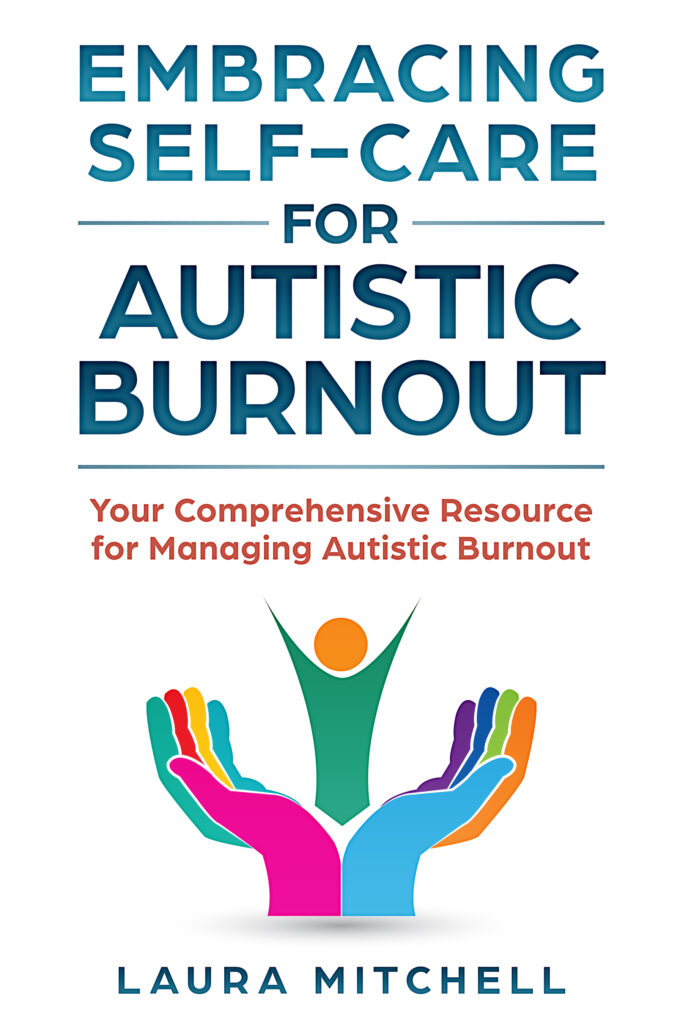Discover a groundbreaking guide to understanding and overcoming Autistic Burnout with Embracing Self-Care for Autistic Burnout. This comprehensive resource delves into the unique challenges and profound exhaustion faced by individuals on the autism spectrum—challenges often stemming from sensory overload and societal pressures. Through real-life narratives and practical strategies, this book offers an empowering roadmap for recognizing the early signs of burnout, managing triggers, and fostering mental well-being.
Inside this book, you will find:
- Clear Explanations: Understand how and why Autistic Burnout differs from general burnout, including cognitive difficulties and emotional exhaustion.
- Personal Journeys: Explore the real-life stories of Emma, Mark, and Sarah, who navigate academic, workplace, and personal challenges to emerge stronger and more resilient.
- Practical Strategies: Learn to identify personal triggers, build self-care routines, and utilize relaxation techniques designed for autistic individuals.
- Community Support: See how family, educators, and mental health professionals can work together to create supportive environments that respect sensory sensitivities.
- Empowering Insights: Gain tools for advocacy, mindfulness, and environmental modifications, all tailored to foster resilience and enhance day-to-day well-being.
Who Should Read This Book?
- Individuals on the autism spectrum seeking effective self-care tools and burnout prevention techniques.
- Families, caregivers, and friends looking to offer meaningful support and promote positive mental health.
- Educators, healthcare professionals, and community leaders striving to create inclusive and nurturing environments.
- Anyone eager to deepen their understanding of neurodiversity, sensory processing, and the importance of acceptance and empathy.
How to Get the Most Out of It
Engage with each chapter by reflecting on personal challenges and successes. Apply the self-monitoring and mindfulness techniques to your daily life, and collaborate with trusted networks—be they family members, caregivers, or professionals. By practicing these methods consistently, you’ll build resilience, strengthen your support system, and promote a healthier emotional and mental state for yourself and those around you.
Author

Laura Mitchell writes with a focus on supporting autistic adults and those navigating the challenges of autistic burnout. Drawing on personal experiences and countless conversations within the neurodivergent community, she creates resources that are compassionate, practical, and easy to follow.Her work is grounded in a belief that autistic voices deserve to be heard and understood, and that self-care should be accessible and validating for everyone. Through her books, Laura aims to provide encouragement, clarity, and strategies that help readers build lives that feel sustainable and authentic.When she’s not writing, Laura enjoys quiet routines, creative hobbies, and walking in the hills close to her country home.


